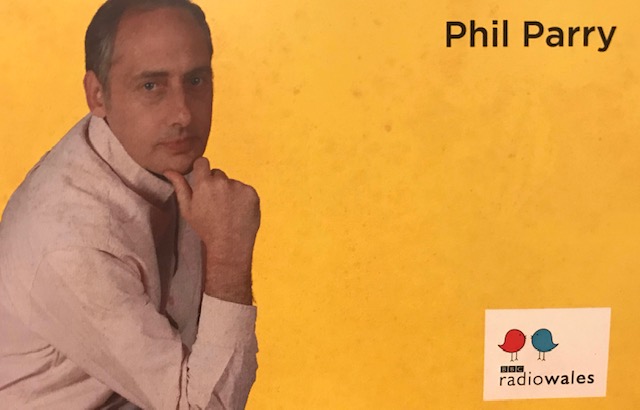- Car trouble - 3rd February 2026
- ‘Ch-ch-changes’ copyright D. Bowie - 2nd February 2026
- I predict another riot… - 30th January 2026

After a journalistic career based in Wales of 38 years, our Editor Phil Parry knows better than most the importance of words; now it has been revealed that they have been critical in the downfall of major figures, as dubious practices are exposed in the Pandora Papers.
Previously he has described how he was helped to break into the South Wales Echo office car when he was a cub reporter, recalled his early career as a journalist, the importance of experience in the job, and made clear that the ‘calls’ to emergency services as well as court cases are central to any media operation.

He has also explored how poorly paid most journalism is when trainee reporters had to live in squalid flats, the vital role of expenses, and about one of his most important stories on the now-scrapped 53 year-old BBC Cymru Wales (BBC CW) TV Current Affairs series, Week In Week Out (WIWO), which won an award even after it was axed, long after his career really took off.
Phil has explained too how crucial it is actually to speak to people, the virtue of speed as well as accuracy, why knowledge of ‘history’ is vital, how certain material was removed from TV Current Affairs programmes when secret cameras had to be used, and some of those he has interviewed.

Earlier he disclosed why investigative journalism is needed now more than ever although others have different opinions, and how information from trusted sources is crucial at this time of crisis.
All journalists know that words go in and out of fashion.
“Witch-hunt” is a case in point, and the phrase appears to be very much in vogue at the moment with huge numbers of people who have been, apparently, caught out, using the term.
But it now seems other kinds of words have also been pivotal in bringing about the downfall of those very same people, as journalists reveal what REALLY happened by releasing the Pandora Papers.
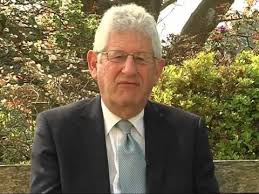
Although he wasn’t in the papers, a ‘super-agent’ called Willie McKay in the tragic case of the transfer to Cardiff City of footballer Emiliano Sala DID use the term “witch-hunt” when he was accused of fraud. It has been employed as well, in the extraordinary controversy at scandal-hit Swansea University (SU), where the police investigated alleged bribery in a multi-million pound land deal when senior officials including the former Vice-Chancellor (VC) Richard Davies, were sacked for “gross misconduct”.

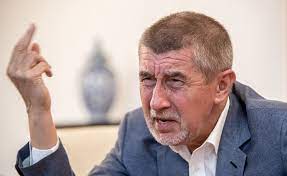
Yet perhaps the greatest user of the word (or words if you prefer!) was the former Prime Minister of the Czech Republic, Andrej Babis, before elections which appear to have ended his controversial tenure. He is now under investigation for misuse of EU subsidies, and he says that he has done nothing wrong. Ironically, he successfully won previous elections on an ‘anti-corruption’ platform.
He built his fortune by creating Agrofert, an agricultural conglomerate, but since entering politics in 2013 he has been dogged by investigations into whether the company abused EU subsidies.
 That investigation is now being pursued by the European public prosecutor’s office.
That investigation is now being pursued by the European public prosecutor’s office.
Mr Babis had put his shares in Agrofert into a trust, but another EU investigative body, OLAF, concluded early this year that his connections to the company constituted a conflict of interest. In the run-up to the most recent election, polls showed his ANO (‘Yes’) party narrowly in the lead.
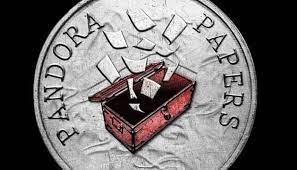 However on October 3 an international journalists’ consortium released the Pandora Papers, which are a massive analysis of leaked documents from financial companies.
However on October 3 an international journalists’ consortium released the Pandora Papers, which are a massive analysis of leaked documents from financial companies.
The consortium’s Czech members, Investigace.eu, said the leaks showed that in 2009 Mr Babis had sent $22m through a shell company in the British Virgin Islands to buy a secret villa in the south of France.
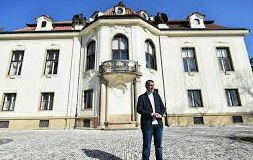
But, of course, this was all part of him being the victim of a ‘witch-hunt’.
Mr Babis had also used the term as protests erupted in his capital against corruption and fraud and it seems, if the Pandora Papers are anything to go by, the demonstrations may have been justified.
Meanwhile, although misspelt, support was clear in the supposed ‘witch-hunt’ at SU for the contentious Pro Vice-Chancellor (PVC) at the time, Hilary Lappin-Scott, who, The Eye exclusively revealed, was to leave.
An unbelievable anonymous campaign in her defence was undertaken using gmail or email, with messages sent to staff at SU as well as senior journalists (including me) and Welsh politicians. One message said: “Only Hillary (sic) can save Professor Boyle (new Vice-Chancellor [VC] at Swansea University [SU]) from the same incompetents that undermined Richard Davies’ stellar transformation of your Institution for the Region”.
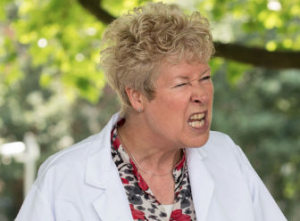
Another read: “Last week’s email was blocked – here it is below for completeness’ sake. Ask yourself: what else is the leadership keeping from you?… Why is this witch hunt therefore still continuing?”.
But The Eye have shown how Professor Lappin-Scott had enraged her staff at SU, by sending tweets from glamorous parts of the world on university ‘business’, and her exploits became the subject of The Eye’s satirical writer. Despite this, the anonymous communications have claimed in the past that Professor Lappin-Scott would lead the university to “an era of gold and honey”.
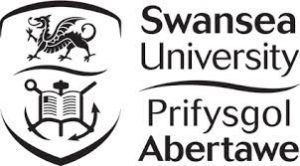
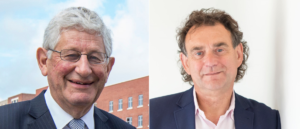
Apart from the suspension of Professor Davies, the Dean of his School of Management, Marc Clement, has also been dismissed and was under investigation, as well as several other top-level officials during the astonishing ‘witch-hunt’ inquiry into the multi-million pound Llanelli ‘Wellness Village’ land deal where the police were called in.
The troubled institution has confirmed that apart from looking into the campaign itself, the police were involved in investigating the alleged bribery during the so-called ‘witch-hunt’.

An official statement from Swansea’s ‘Associate Director Vice-Chancellor’s Office, Head of Legal and Compliance Services’ stated : “Alongside the University’s internal disciplinary process, there is also on-going police involvement (i) with regard to the issues uncovered during the University’s investigation; and (ii) anonymous communications sent to University staff relating to the suspensions and disciplinary processes. The matters under investigation are very serious. The University has invested a significant amount of resource investigating the alleged misconduct, as have the authorities. It is essential that nothing is done to undermine the on-going processes. They must be allowed to run their course without interference.”
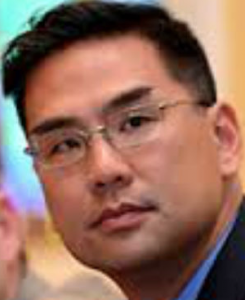
The stunning ‘witch-hunt’ campaign at the scandal-hit university also forms a worrying backdrop to an exclusive disclosure on The Eye, that officials had employed a fraudster called Steve Chan who used to work on a contract at the management school, and after journalists there were alone in revealing how a previous Dean accused of bullying had died.
They showed how Chan had even represented the university in advising an international agency on the ways to combat fraud
Chan had been imprisoned by a court in Boston for four years and three months, and ordered to pay millions of dollars in compensation. His jail term was followed by three years of supervised release, after he admitted one count of conspiracy to commit fraud and one count of mail fraud, he was also ordered to pay restitution of $12,596,298.
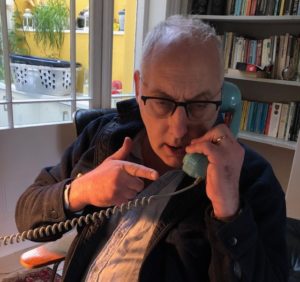
But the campaign inside SU alleging a ‘witch-hunt’ has been covered only partially by the mainstream media, and had been conducted ever since the incredible investigation was launched.
In part, one recent gmail to staff as well as the Chair of the SU council read: “Why are these things happening and being leaked to Sion Barry (the Western Mail Business Editor) and, in turn, Phil Parry (someone trolling Professor Hillary {sic} Lappin-Scott) whilst in the middle of an independent internal investigation?”.
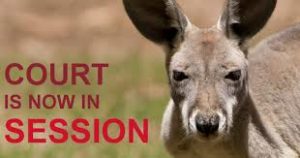
Another added: “Appended below you can find the previous installments (American spelling) and claims there has been “A trial by media, a kangaroo court, a selection of evidence and suspensions before interviews – almost as if the facts were at odds with the desired outcome”. Although again misspelt a further gmail was clear in the search for a new VC: “Please Hillary (sic) (Lappin-Scott) out (put?) your hat back in the ring!”.
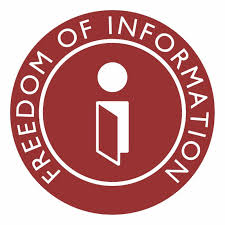 But university officials have been less keen than the person behind the anonymous computer campaign to give The Eye information – this time about Chan’s background, and The Eye have been told in the past that questions about him in a Freedom of Information Act (FOIA) request had been refused on the grounds they were “vexatious”.
But university officials have been less keen than the person behind the anonymous computer campaign to give The Eye information – this time about Chan’s background, and The Eye have been told in the past that questions about him in a Freedom of Information Act (FOIA) request had been refused on the grounds they were “vexatious”.
Four of the questions asked in the FOIA were:
- What was the exact date that Professor Steve Chan of the School of Management registered for his Ph.D at Swansea University?
- What was the exact date that he undertook his viva voce examination for his Ph.D?
- Who were the members of his Ph.D viva committee (including external examiners)?
- Who approved the appointment of the supervisors for his Ph.D?
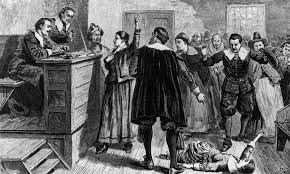
It now seems that searching questions are also being asked of Mr Babis after the Pandora Papers were released.
But, of course, this might all be part of a ‘witch-hunt’ against him..!
The memories of Phil’s remarkable decades-long award-winning career in journalism (including his 23 years at The BBC) as he was gripped by the rare disabling neurological condition Hereditary Spastic Paraplegia (HSP), have been released in a major book ‘A GOOD STORY’ (which is very different from Mrs Owen’s own book). Order the book now! The picture doubles as a cut-and-paste poster!

Regrettably publication of another book, however, was refused, because it was to have included names.







